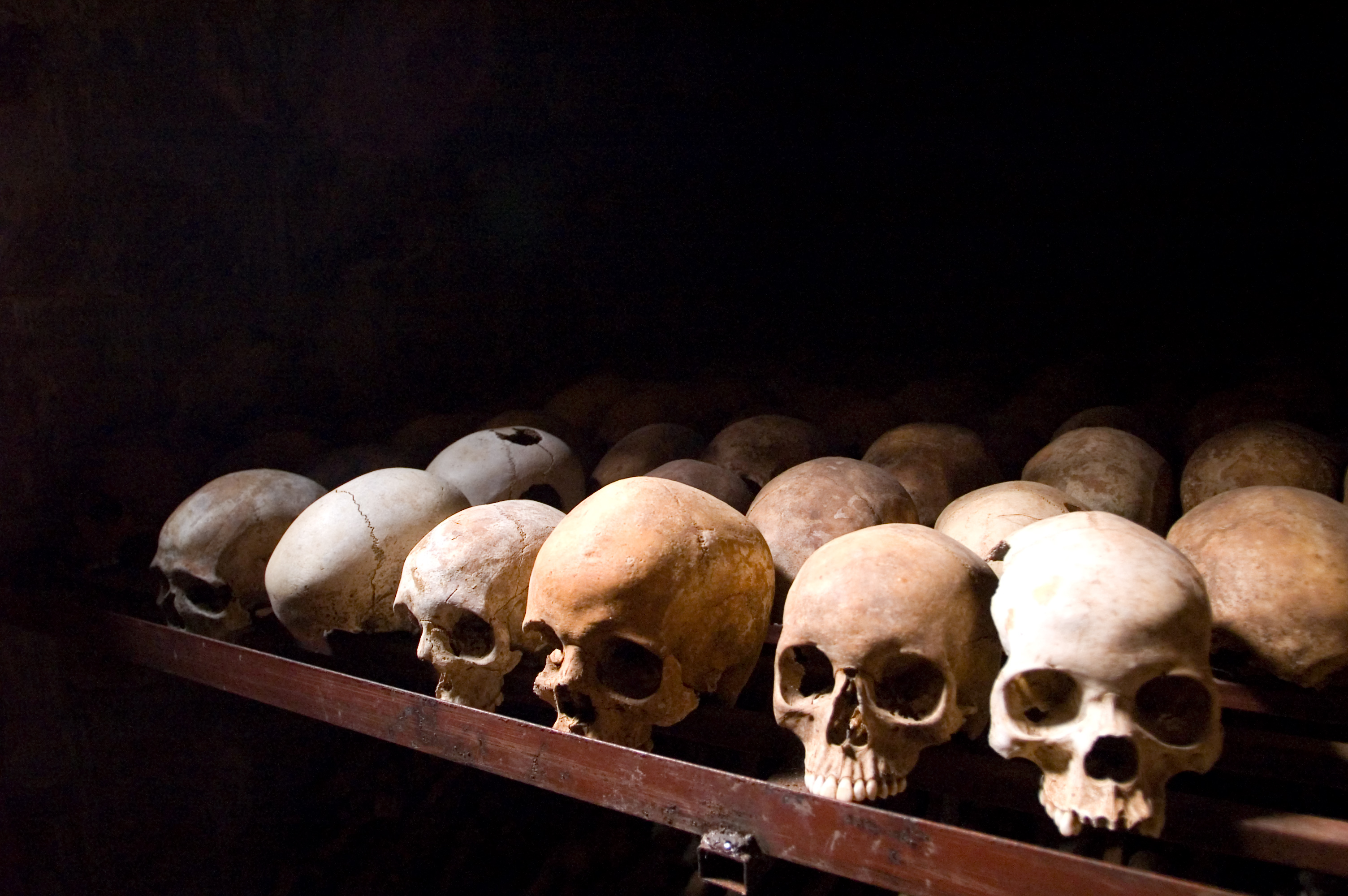
Genocidal rape
Genocidal rape, a form of wartime sexual violence, is the action of a group which has carried out acts of mass rape and gang rapes, against its enemy during wartime as part of a genocidal campaign.[1] During the Armenian Genocide,[2] the Greek genocide[3][4][5] the Assyrian genocide,[6][7] the second Sino-Japanese war, the Holocaust,[8] the Bangladesh Liberation War,[9][10][11][12] the Bosnian War,[13] the Rwandan genocide,[10][14] the Circassian genocide, the Congolese conflicts, the South Sudanese Civil War, the Yazidi Genocide, Rohingya genocide, the mass rapes that had been an integral part of those conflicts brought the concept of genocidal rape to international prominence.[15] Although war rape has been a recurrent feature in conflicts throughout human history, it has usually been looked upon as a by-product of conflict and not an integral part of military policy.[16]
Genocide debate
Some scholars argue that the Convention on the Prevention and Punishment of the Crime of Genocide should state that mass rape is a genocidal crime.[17] Other scholars argue that genocidal rape is already included in the definition under article two[Note 1] of the convention.[15][18] Catharine MacKinnon argues that the victims of genocidal rape are used as a substitute for the entire ethnic group, that rape is used as a tool, with the target being the destruction of the entire ethnic group.[19]
Siobhan Fisher has argued that forced impregnation and not the rape itself constitutes genocide. She says, "Repeated rape alone is still 'just' rape, but rape with the intent to impregnate is something more."[9][20] Lisa Sharlach argues that this definition is too narrow because these mass rapes should not be defined as genocide based solely on those raped having been forcibly impregnated.[9]